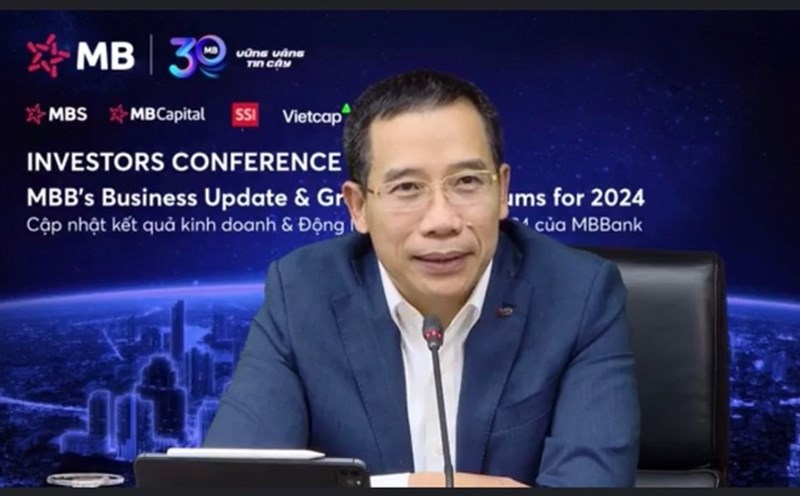Policy paving the way for the new period
Recently, the Government issued Resolution 05, officially starting a 5-year pilot phase for the cryptocurrency asset market in Vietnam. Analysts said that this move marks a turning point after a long period of consideration, in the context of this asset becoming increasingly familiar to the people.
According to Mr. Michael Kokalari - Director of Macro Analysis and Market Research Department of VinaCapital, it is estimated that up to 17 million Vietnamese people have participated in cryptocurrency trading (with a total annual trading value of cryptocurrency assets estimated at over 100 billion USD), of which almost all activities take place on foreign exchanges such as Binance, Bybit and other platforms in Singapore, Korea, Hong Kong (China) ...
Mr. Michael Kokalari analyzed that the Government's goal is to shift cryptocurrency activities in Vietnam from a large-scale informal market, dependent on foreign channels, to an official market that can manage tax issues and integrate into the domestic financial system.
In July, the National Assembly passed the Law on Digital Technology Industry, officially recognizing digital assets and requiring cryptocurrency platforms to have a domestic operating license, and providing a direct transaction portal in copper from January 1, 2026.
Also in July, the Government launched NDAChain - Vietnam's national blockchain platform, allowing safe-haven financial transactions and secure online shopping.
According to Mr. Kokalari, experience from Korea shows that applying an early monitoring framework helps reduce the risk of market manipulation. In Korea, the transaction focuses on 5 exchanges that fully meet regulations, with a supervisory fee of 0.6% on revenue. Vietnam's early implementation of pilot platforms will create a clear regulatory framework before comprehensively opening.
Vietnamese enterprises seek opportunities in new trends
In addition to pilot programs and changes in the Government's approach, some other notable developments in the private enterprise sector related to the digital asset market are also gradually taking shape.
Typically, MB cooperated with Dunamu of Korea, the operator of Upbit, to build one of the first managed platforms in Vietnam with international safety standards.
Similarly, the joint venture with Techcombank (1 Matrix) is building a grassroots blockchain in Vietnam, integrated with the banking system, to support managed public services and digital finance.
Or Binance has expanded its Blockchain for Vietnam initiative, funding local education and application promotion activities; other global corporations are considering piloting in areas such as stablecoin payments and data analysis.
Tether also participated in the discussion on piloting the limitation of USDT transactions in Da Nang, while Chainalysis proposed providing a blockchain monitoring tool to support Vietnam's new compliance infrastructure.
Regarding the market impact, experts say that domestic banks will benefit directly. MBB and TCB stock prices have increased sharply this year, reflecting investors' expectations for digital asset policies.
In addition, the localization of bonds, carbon credits or commercial invoices will open up new opportunities for both businesses and investors.
Mr. Thuat Nguyen - founder of Kyros Ventures - commented: "Since 2022, blockchain projects founded by Vietnamese people have begun to be internationally recognized, both in technology and scale".
Mr. Nguyen said that Vietnam currently possesses 3 special competitive advantages: Low cost, young human resources and fast adaptation speed. Universities such as University of Science and Technology, FPT, RMIT have begun training in blockchain, while Vietnamese startups can deploy global products at a small cost compared to Singapore or Hong Kong (China).











